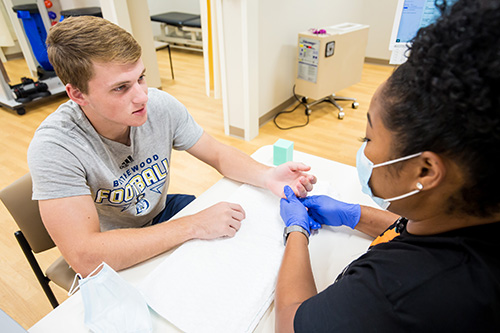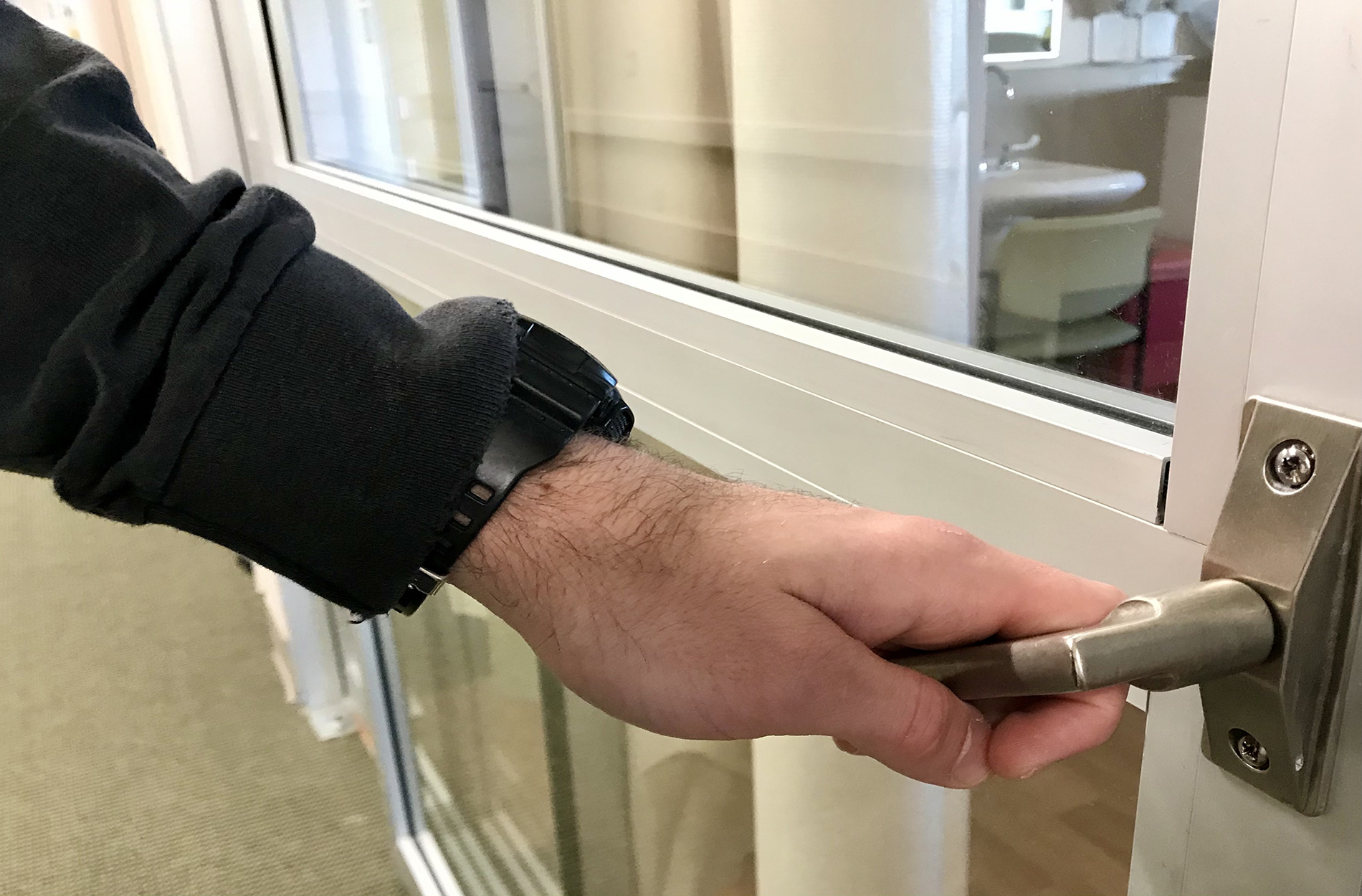You may think occupational therapy is focused on helping people with their jobs, but that’s only a sliver of what an occupational therapist does. OT helps people restore their independence in all sorts of daily activities or "occupations." These occupations can include self-care tasks, work, leisure, and social activities.
At Lexington Medical Center there are more than 30 occupational therapists who work in the hospital, outpatient rehabilitation and Lexington Medical Center Extended Care settings. With training in anatomy, physiology, psychology, and environmental factors, they help patients with injuries, illnesses, mental health conditions, disabilities or age-related issues be as independent as possible.
Typical responsibilities of occupational therapists include the following:
Evaluation: Occupational therapists assess patients' physical, cognitive, emotional, and functional abilities to determine their needs and goals. They may conduct interviews, review medical records, perform physical assessments, and use standardized assessments to identify areas of impairment or limitations.

Treatment planning: Based on their evaluation, occupational therapists develop individualized treatment plans that address the specific needs and goals of the patient. Treatment plans may include therapeutic exercises, activities, and techniques to improve physical strength, coordination, fine motor skills, self-care, and cognitive skills.
Rehabilitation: Occupational therapists play a vital role in the rehabilitation process by providing interventions to restore or enhance a patient's ability to perform daily activities.
Adaptive techniques and equipment: Occupational therapists may provide training on adaptive techniques and strategies to help patients compensate for physical or cognitive limitations. They can teach patients how to use assistive devices, such as splints, braces, or adaptive equipment, to improve their ability to perform daily tasks.
Education and counseling: Occupational therapists may provide education and counseling to patients and their families on managing their condition, promoting health and wellness, and preventing further injuries.
Discharge planning: Occupational therapists may work closely with the health care team to plan for a patient's safe discharge from the hospital.
Interested in a career as an occupational therapist? Learn more at the American Occupational Therapy Association.






Leave a comment